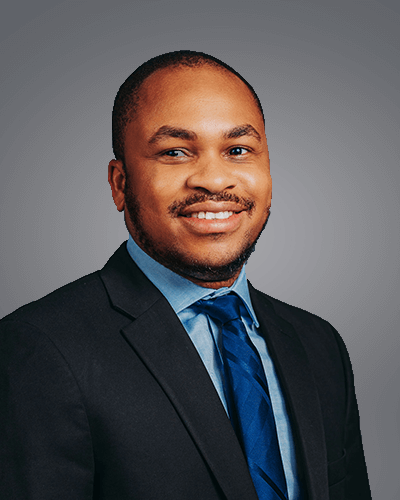
The Solina Centre for International Development and Research (SCIDaR) has announced $11 million worth of partnerships aimed at strengthening healthcare systems across Africa.
The CEO of SCIDaR, Dr. Uchenna Igbokwe disclosed this during an exclusive interview with the media on Monday in Abuja.
Igbokwe revealed that the partnerships were established through the Investing in Innovation Africa (i3) programme, which connects African health tech startups with governments and international donors to improve access to essential health products across the continent.
“The i3 programme has been pivotal in driving health innovation across Africa. In the last two years, we have supported 60 companies, 43 per cent of which are women-led,” he said.
He added that these innovators are transforming healthcare by digitising and optimising fragmented health supply chains. Innovators such as Chefaa, Figorr, Kapsule, Wellahealth and Healthtracka have formed 122 collaborations, significantly improving healthcare delivery, particularly in remote areas where access to essential health products has traditionally been limited.
“These $11 million partnerships have created new opportunities for local innovators, many of whom are expanding into new markets. Nearly 50 of these innovators have raised an additional $50 million to scale their operations across Africa, further enhancing their impact,” Igbokwe said.
Highlighting the impact on local communities, he explained that the partnerships are already making a tangible difference in several African regions. “For example, in rural Nigeria, innovators have introduced mobile health solutions that connect patients in remote areas to nearby health facilities, significantly reducing travel times for critical care.
“We’ve seen tremendous growth in partnerships and investments in the health sector, driving significant improvements in healthcare access, particularly for vulnerable populations,” he added.
However, despite these successes, Igbokwe noted that challenges persist, especially in logistics and market penetration in some countries.
“While we’ve made incredible strides, we’re still facing logistical challenges in remote regions with poor infrastructure. We are working closely with governments and other stakeholders to address these gaps,” he said.
To ensure long-term sustainability, SCIDaR has initiated discussions with investors and governments on policies to support local health innovators.
“During the 79th United Nations General Assembly (UNGA), key stakeholders, including Nigeria’s Minister of State for Health, Dr. Tunji Alausa and the executive director of the National Primary Health Care Development Agency (NPHCDA), Dr. Muyi Aina, reaffirmed their commitment to leveraging technology to tackle healthcare challenges.
“The i3 programme was a focal point during these discussions, and both leaders underlined the importance of partnerships in scaling tech-driven healthcare solutions across the continent,” he said.
Looking ahead, Igbokwe disclosed that the i3 programme is set to launch its second phase at the upcoming Africa Health Tech Summit (AHTS) in Kigali, Rwanda, in October 2024.
“The event will bring together leaders from across Africa and beyond to explore new ways to collaborate and expand health innovations. The i3 programme’s success highlights the urgency of addressing gaps in Africa’s healthcare infrastructure. With more than 400 million Africans lacking access to essential health services, innovations like those supported by the i3 programme are crucial in bridging these gaps,” he explained.
According to Igbokwe, the success of the i3 programme demonstrates the potential for tech-driven solutions to revolutionise healthcare across the continent. “This is just the beginning,” he said.
He noted that this year alone, the programme disbursed over $1 million in grants to 29 innovators, helping them acquire talent, purchase equipment and enhance software.
“Additionally, partnerships with leading accelerator programmes have provided training and mentorship, enabling innovators to fine-tune their investment pitches and scale their solutions. The programme’s Access to Markets event in Nairobi facilitated over 180 introductions between innovators and potential investors, resulting in 45 partnerships—exceeding programme targets.
“Innovators have also collectively raised $11.3 million in funding, with 13 startups expanding their operations into new national and international markets,” Igbokwe explained.
He emphasised the importance of sustained investment in African health innovators, noting that continued support and collaboration will ensure equitable healthcare access across the continent.
“We are committed to fostering sustainable change and making a real difference in Nigeria and beyond,” Igbokwe concluded.

